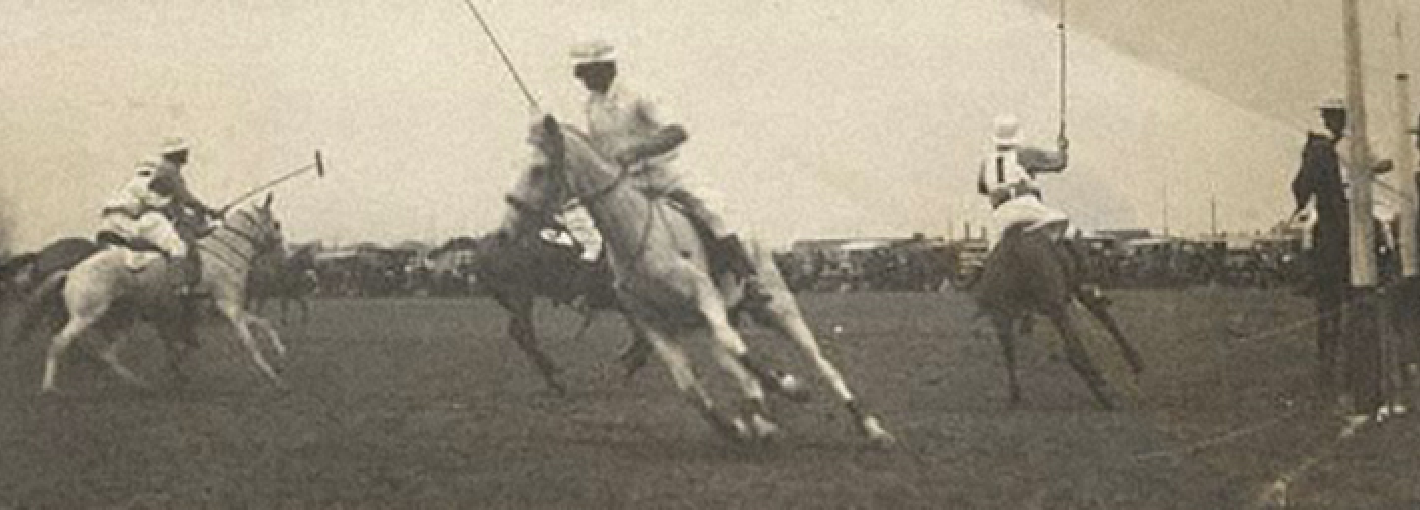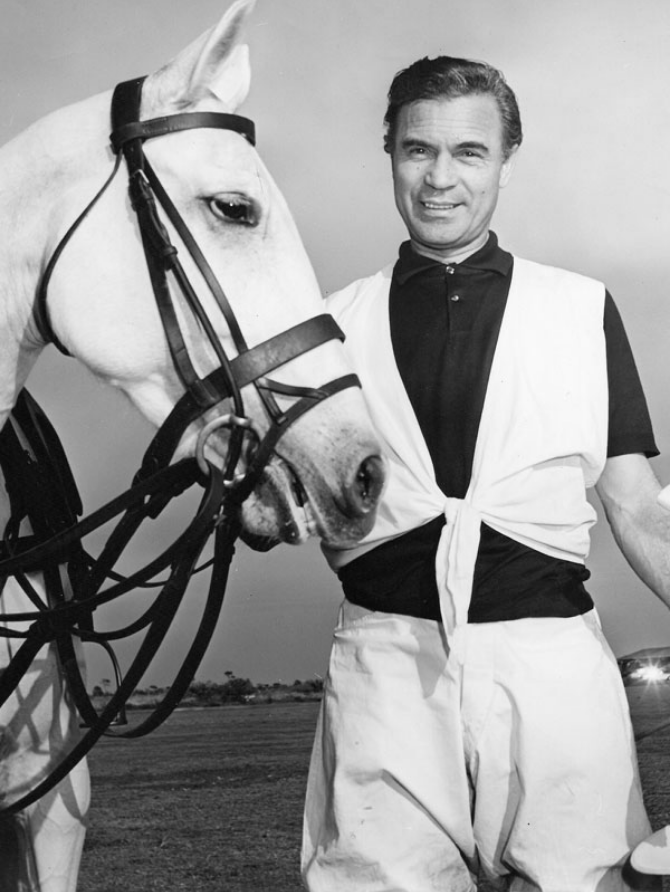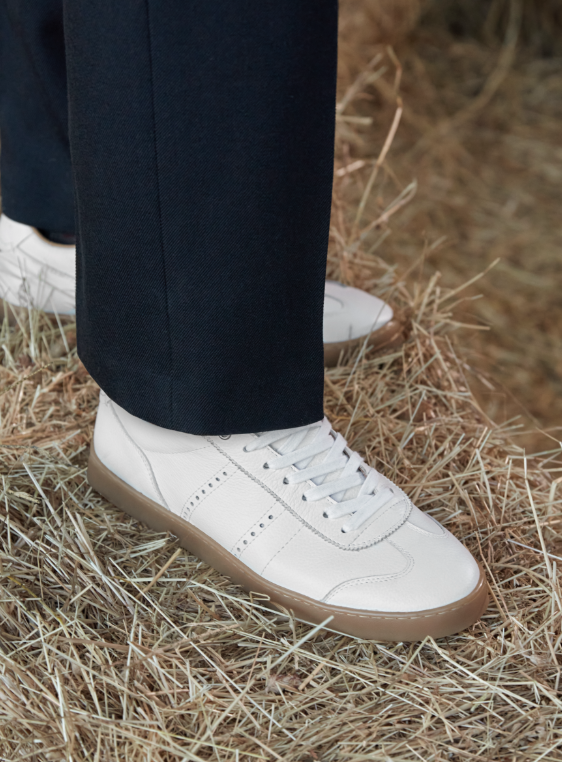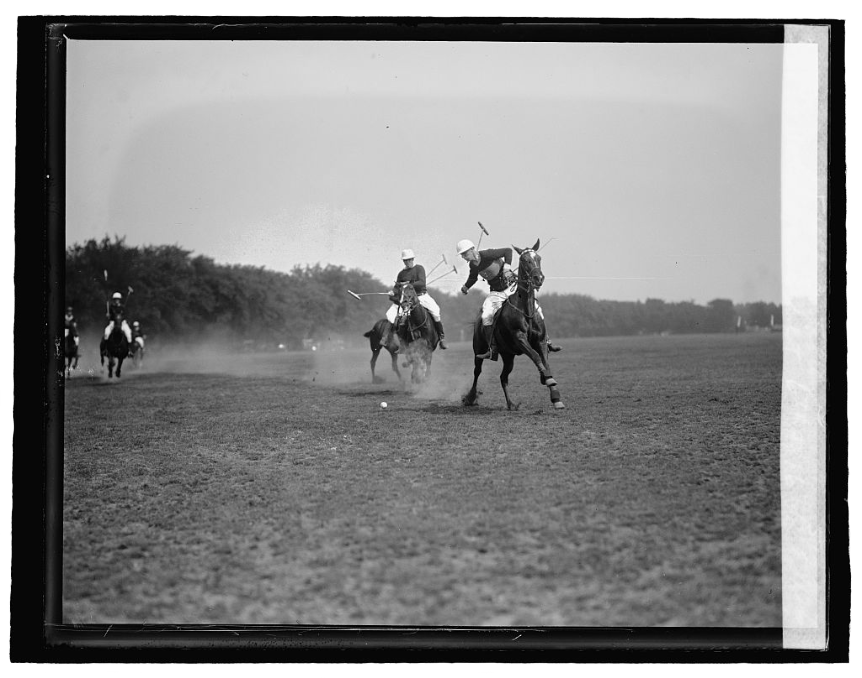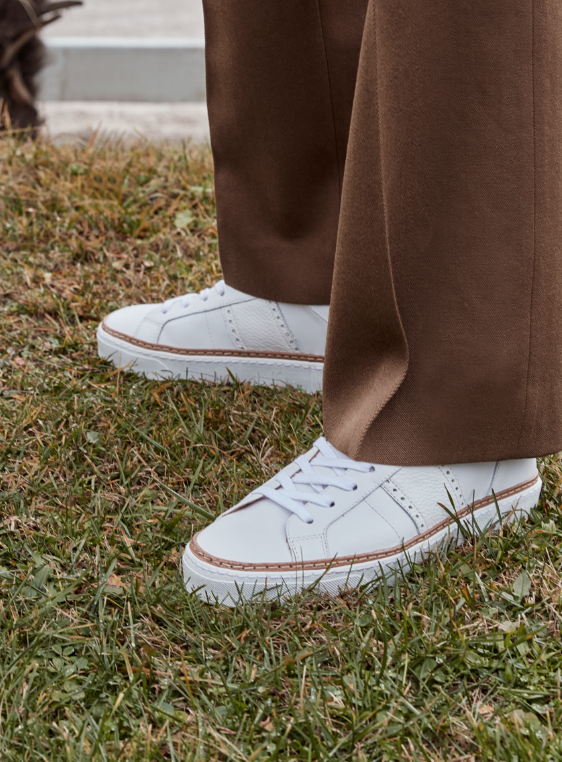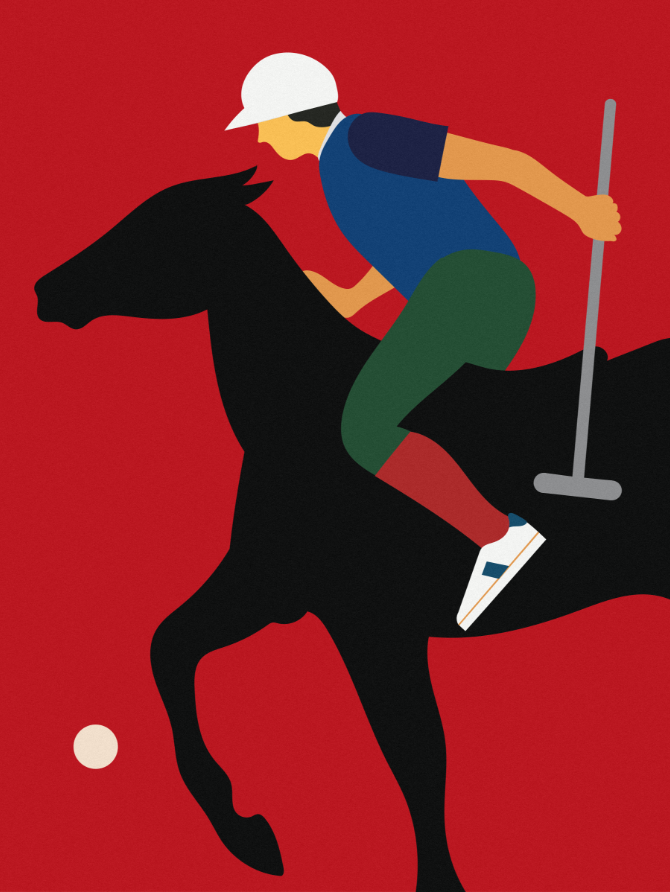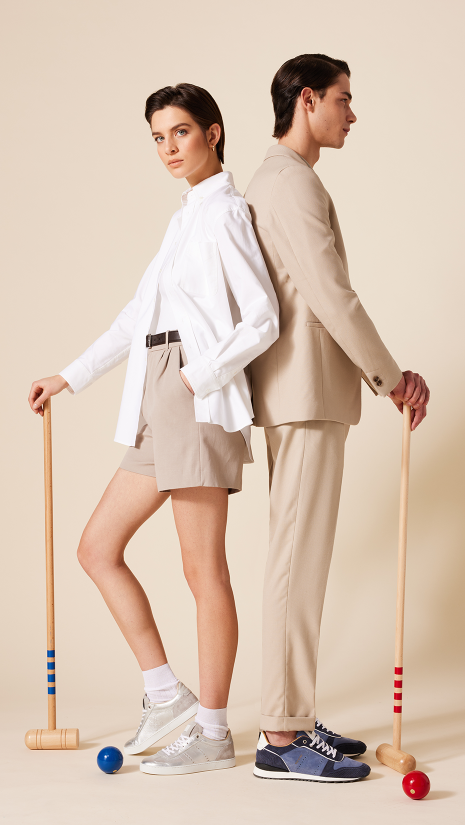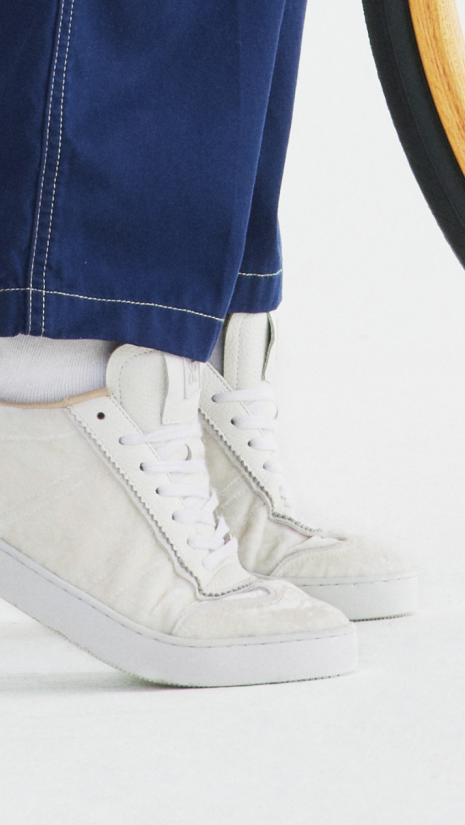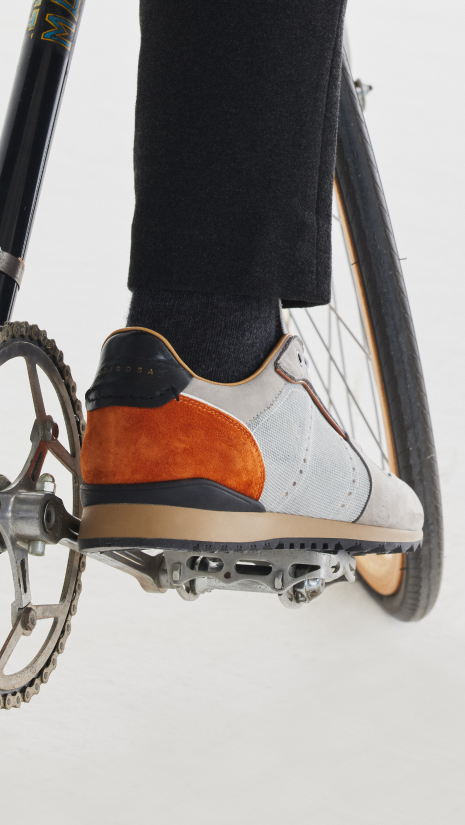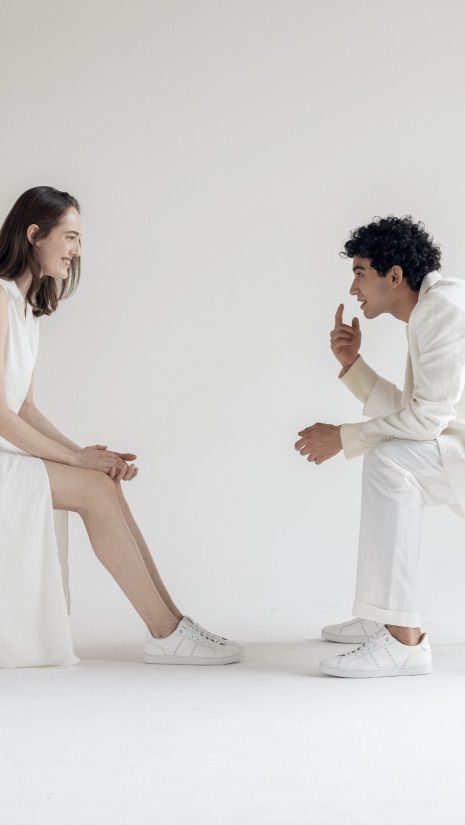Style&Tales
“RUBIROSA’s favourite game, as for sport”
What he loved the most besides charming ladies
Polo is called “the sport of kings” and in the past centuries it has become a privileged spectator sport for equestrians and high society all over the world. So it doesn’t come as a surprise that the jet set king Porfirio Rubirosa was a polo enthusiast all of his life. But unlike others, Rubirosa, true to his go-ahead and active nature, didn’t just watch or sponsor polo, but was a player himself.
